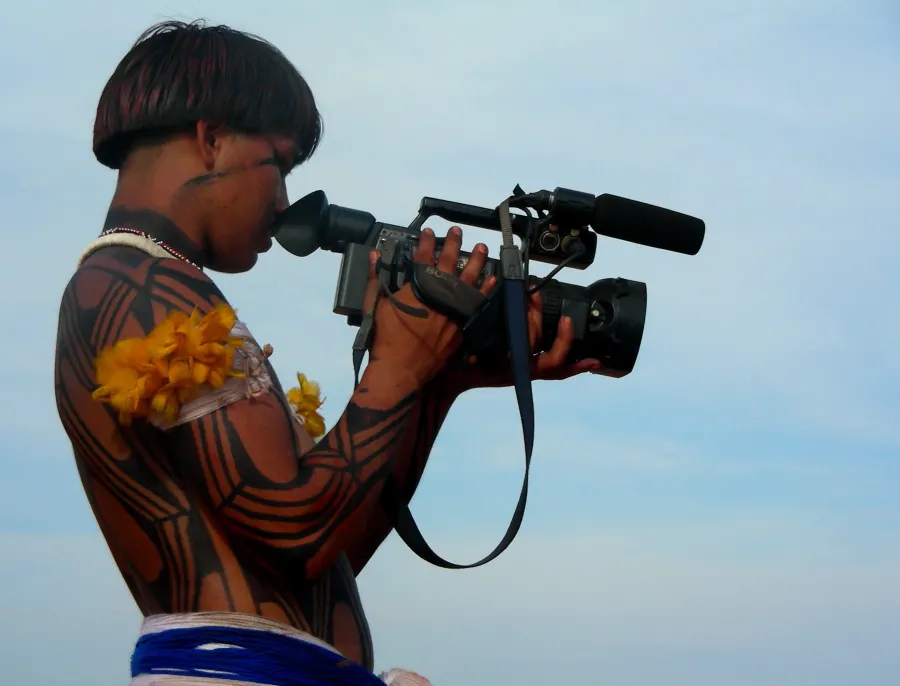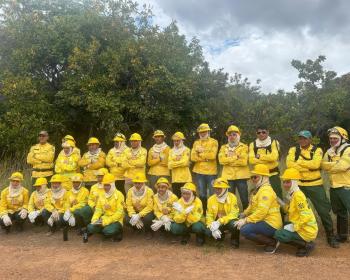On June 17, 2012, around 200 indigenous peoples from all around the world met at the Museu do Republica in Rio de Janeiro,Brazil, in order to discuss their own visions, concerns and expectations for Rio+20 and sustainable development in general in their Indigenous Peoples International Conference on Sustainable Development and Self-Determination.
Indigenous peoples are the most affected by developments that affect the environment, as they are directly dependent ontheir natural resources in their traditional territories. At the same time,they are the most marginalized peoples of the world. Indigenous Peoples from the Arctic to Asia to the Americas to Africa and the Pacific unite in theircall for the respect of their rights, as provided by the UN Declaration on the Rights of Indigenous Peoples, the respect for their traditional knowledge and the respect for their diverse local economies.
During the past days, Indigenous Peoples have actively lobbied to get these rights and recognitions into the official text that will come out of Rio+20.
The new draft of the text recognizes the importance of the UN Declaration on the Rights of Indigenous Peoples in thecontext of global, regional, national, and sub-national implementation of sustainable development strategies.
The chapter on Green Economy recognizes indigenous peoples’ diverse local economies. But there are also still many issues that are not reflected adequately in the current text. The following are a few examples:
The right to free, prior and informed consent (FPIC) has been deleted from the part on biodiversity. However, traditionalknowledge is strongly recognized.
The rights language has been deleted from the part on mining, as well as in general the reference to indigenous peoples.
In general the document only recognizes the interface of science and policy but neglecting traditional knowledge in this context.
The chapter on forests does not include any reference to indigenous peoples and refers to people and communities.
The sentence on REDD+ does not make any reference to the Cancún agreements under the UNFCCC COP16 in 2010, which established safeguards and recognizes indigenous peoples.
As can be seen, renewed pressure from all parts is needed in order to come out of Rio with a strong result on indigenous peoples' rights in a field of such vital importance to indigenous peoples continued existence.
Source: IWGIA


